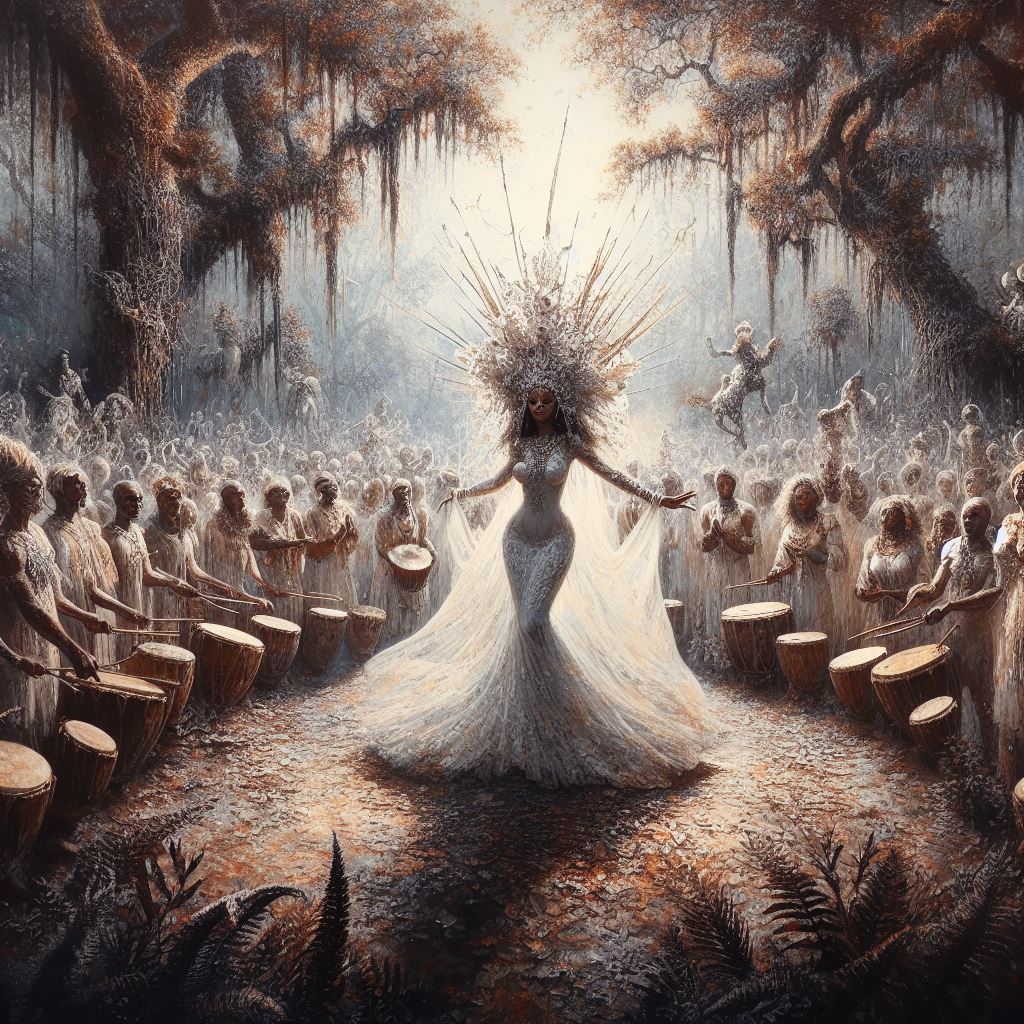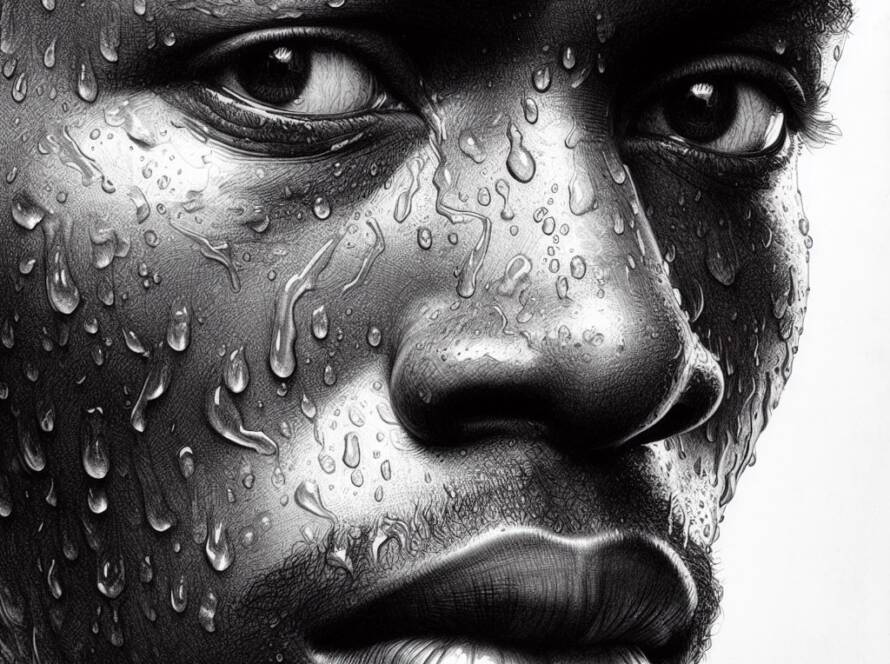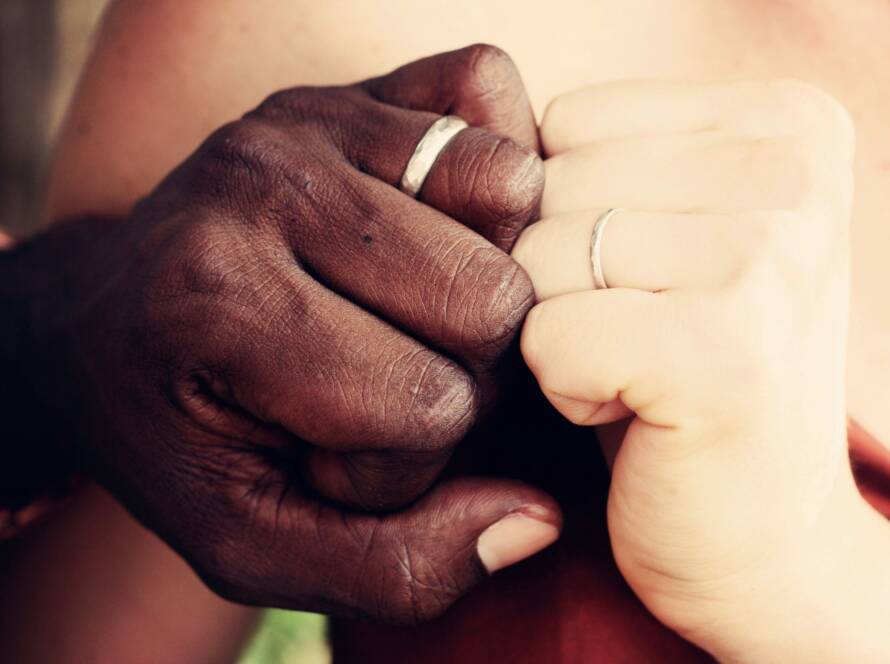The Cultural and Spiritual Heart of Haiti
Vodou, often misunderstood and misrepresented, is far more than a religious practice in Haiti. It is deeply intertwined with the cultural, historical, and spiritual identity of the Haitian people. Its roots go back centuries, blending African spirituality with elements of Catholicism, brought to the island through colonization. As Haiti continues to evolve politically, socially, and economically, the future of Vodou is a topic of both curiosity and significance. What role will it play in modern Haitian society? How will globalization and external influences shape its future?
The Historical Significance of Vodou in Haiti
To understand the future of Vodou, we must first reflect on its past. Vodou arrived in Haiti through enslaved Africans who were forcibly brought to the island in the 16th and 17th centuries. It provided a way for the enslaved population to maintain their identity, resist oppression, and find hope in the face of unimaginable hardships. Vodou played a critical role during the Haitian Revolution, where ceremonies were seen as vital to empowering the enslaved population to rise against their colonial masters.
After the revolution and Haiti’s declaration of independence in 1804, Vodou became even more significant as a national symbol of resistance, pride, and spiritual freedom. However, throughout history, it has also been subject to periods of demonization and persecution, particularly by political leaders and religious groups, especially the Catholic Church.
Modern Vodou: Continuity and Change
Today, Vodou continues to be practiced by millions of Haitians. It is not just a religion but a way of life, informing everything from daily rituals to community organization. However, like all cultural practices, Vodou has not remained static. It has evolved, adapted, and incorporated new elements as it encounters modernity.
One of the most significant shifts in contemporary Vodou practice is its intersection with technology. Many Vodou practitioners now use digital platforms to connect with the diaspora, share teachings, and preserve rituals. Vodou ceremonies, once confined to sacred spaces, are now live-streamed, allowing followers from around the world to participate in the sacred.
Challenges Facing Vodou Today
While Vodou remains a powerful cultural force in Haiti, it faces several challenges in the 21st century. Globalization and the increasing presence of Western media have led to the continued misrepresentation of Vodou, often associating it with witchcraft or malevolent practices. This distorted image can hinder its acceptance and contribute to the stigmatization of practitioners, especially among younger generations who are more exposed to external influences.
Moreover, religious competition has intensified in Haiti. While Vodou was once the dominant spiritual system, Protestantism has rapidly grown in recent decades, with evangelical movements particularly gaining influence. These groups often condemn Vodou, labeling it as a source of poverty and backwardness, which further marginalizes its practitioners.
Global Influence and the Haitian Diaspora
The Haitian diaspora plays a critical role in shaping the future of Vodou. As Haitians have migrated to countries like the United States, Canada, and France, they have brought their traditions and beliefs with them. Vodou temples, known as hounfours, have been established in major cities with large Haitian populations. This global expansion of Vodou not only preserves the practice outside of Haiti but also introduces it to non-Haitians, promoting cross-cultural exchange.
However, Vodou in the diaspora is not immune to the pressures of assimilation. In many cases, practitioners must navigate the challenges of preserving their spiritual practices in environments that may not fully understand or accept Vodou. Despite these challenges, the Haitian diaspora has become a vital community for the preservation and evolution of Vodou rituals and beliefs.
Environmental Challenges and Vodou
Haiti faces severe environmental challenges, including deforestation, soil erosion, and increasingly frequent natural disasters. Vodou, which has a deep respect for nature and the environment, is uniquely positioned to address these issues through its rituals and beliefs. Vodou ceremonies often invoke the spirits of nature—lwa—asking for protection and guidance. This spiritual connection to the environment can potentially inspire community-based solutions to environmental degradation.
In recent years, there has been a growing movement among Vodou practitioners to link their spiritual practices with environmental activism. This intersection of faith and ecological stewardship could play a significant role in Haiti’s efforts to combat climate change and restore its natural resources.
The Role of Vodou in Political and Social Movements
Vodou has always been a force for social and political resistance in Haiti. From the Haitian Revolution to more recent uprisings, Vodou serves as a unifying force, empowering individuals and communities to fight against oppression and inequality. As Haiti faces ongoing political turmoil, corruption, and economic challenges, Vodou continues to be a source of strength for many Haitians.
Many modern Vodou leaders have emerged as important figures in grassroots movements, advocating for social justice, human rights, and economic empowerment. They often draw upon Vodou’s historical legacy of resistance to inspire new generations of activists who seek to challenge the status quo.
Vodou in Popular Culture
Vodou’s influence extends far beyond the boundaries of Haiti. It has found its way into global popular culture, particularly in movies, television, and literature. However, the portrayal of Vodou in the media is often sensationalized, reinforcing harmful stereotypes rather than accurately representing its spiritual and cultural depth.
That being said, there are efforts by Vodou practitioners and scholars to reclaim and redefine Vodou’s image in the public eye. Haitian filmmakers, authors, and artists are working to tell authentic Vodou stories, focusing on its beauty, complexity, and significance to Haitian identity.
The Future of Vodou: Resilience and Transformation
As we look to the future, it is clear that Vodou will continue to be an integral part of Haiti’s cultural and spiritual fabric. While it faces challenges from misrepresentation, globalization, and religious competition, Vodou’s resilience is undeniable. It has survived centuries of colonization, persecution, and marginalization, and it will likely continue to evolve in the face of new pressures.
One of the most promising aspects of Vodou’s future is its ability to adapt and transform. Whether through digital platforms, environmental activism, or global expansion, Vodou is not a static tradition but a living, breathing force that continues to inspire and empower those who practice it.
Vodou’s Enduring Legacy
Vodou’s future is closely tied to the future of Haiti itself. As long as there are Haitians, both in Haiti and in the diaspora, who are dedicated to preserving their cultural heritage, Vodou will remain a vibrant and vital part of Haitian life. Its ability to adapt, inspire, and unify people across generations and continents ensures that it will continue to be a source of strength, spirituality, and resistance for years to come.





